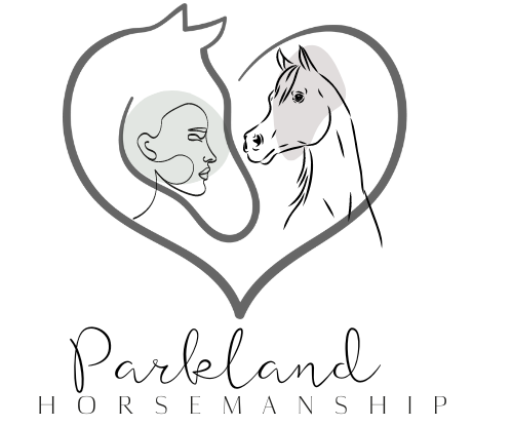Equine Assisted Learning creates an emotionally safe learning environment for at-risk youth who are not attending school or employment (Katie Cagle-Holtcamp, Molly Nicodemus, Julie Parker and Mattie Dunlap’s Citation2014).
At-risk children often only know how to react in situations by being aggressive or passive, yet working effectively with horses enables them to learn assertiveness in a healthy way.
Unconditional Acceptance
Many at-risk youth suffer from depression, isolation and hopelessness. After meeting and spending time with one of these sensitive horses, it becomes harder for them to remain self-absorbed in their depression and lack of hopefulness; their unconditional acceptance creates a feeling of connection and belongingness which often helps restore hopefulness and create a feeling of wellbeing in at-risk youth.
At-risk youth can gain insight that they are not alone in their struggles, that there are people available to them who will assist, and that if they persist with tasks assigned they will eventually achieve success.
As they learn how to trust and take responsible risks, which may be challenging if they have grown used to being controlled and manipulated by people in their lives, physical contact with horses helps them stay grounded, present, and calm in the moment, which in turn relieves physiological anxiety levels and allows them to focus more clearly on the task at hand.
Unconditional Love
At-risk youth oftentimes have experienced multiple traumas in their lives that have lead to poor impulse control, manifesting itself through bullying, self-injury and substance use.
Horses have an innate ability to love unconditionally, which can provide at-risk youth with an effective model to follow in terms of affection. Working with horses also helps teach impulse control.
According to a recent study, participants demonstrated significant gains in their equine knowledge tests following participation in equine therapy programs. Furthermore, researchers noticed an overall improvement in emotional safety after being part of such sessions.
At-risk youth require social skills in order to thrive in life, and Equine therapy provides an ideal means of cultivating them. Equine therapy sessions help build these essential social skills which transcend equine therapy sessions and are applicable in real-life situations – including learning boundaries, trust and assertive communication techniques that can strengthen relationships with peers and family as well as decrease internalizing symptoms such as anxiety and depression.
Unconditional Trust
At-risk youth often lack impulse control, which can manifest in self-harm, substance abuse, or bullying behaviors. Working with horses is an excellent way to modify these behaviors as they provide a non-judgmental platform on which to work on improving them.
At-risk youth learn to take responsible risks as they interact with horses, groom them and ride them. Furthermore, these lessons teach them how to be assertive and communicate effectively with their horse companion. These skills can then be applied to other relationships where assertive communication may be required – for instance when speaking about sexual matters with others.
Research indicates that Equine Assisted Learning increases empathy, self-control and emotional safety in at-risk youths through bonding with horses and experiencing their unconditional love. Completing courses also can increase their sense of belonging and hopefulness – all key components for maintaining mental and physical wellness.
Unconditional Support
Fostering strong bonds between children and animals can help them form healthy relationships in everyday life. Teens that may struggle with communicating or developing close bonds with people tend to connect more quickly with horses, who they learn to trust more easily than other humans.
Horses offer unconditional support and never judge when recognizing positive and negative emotions exhibited by people, teaching children how to manage their emotional state more efficiently.
Equine therapy offers more than just self-efficacy; it encourages youth to express themselves more openly and creates a safe space where they feel free to share their issues and seek help for any concerns. This can result in improved confidence levels and communication abilities in social situations as well as verbal therapy sessions; ultimately leading to improved school grades and decreased at-risk behaviors.

